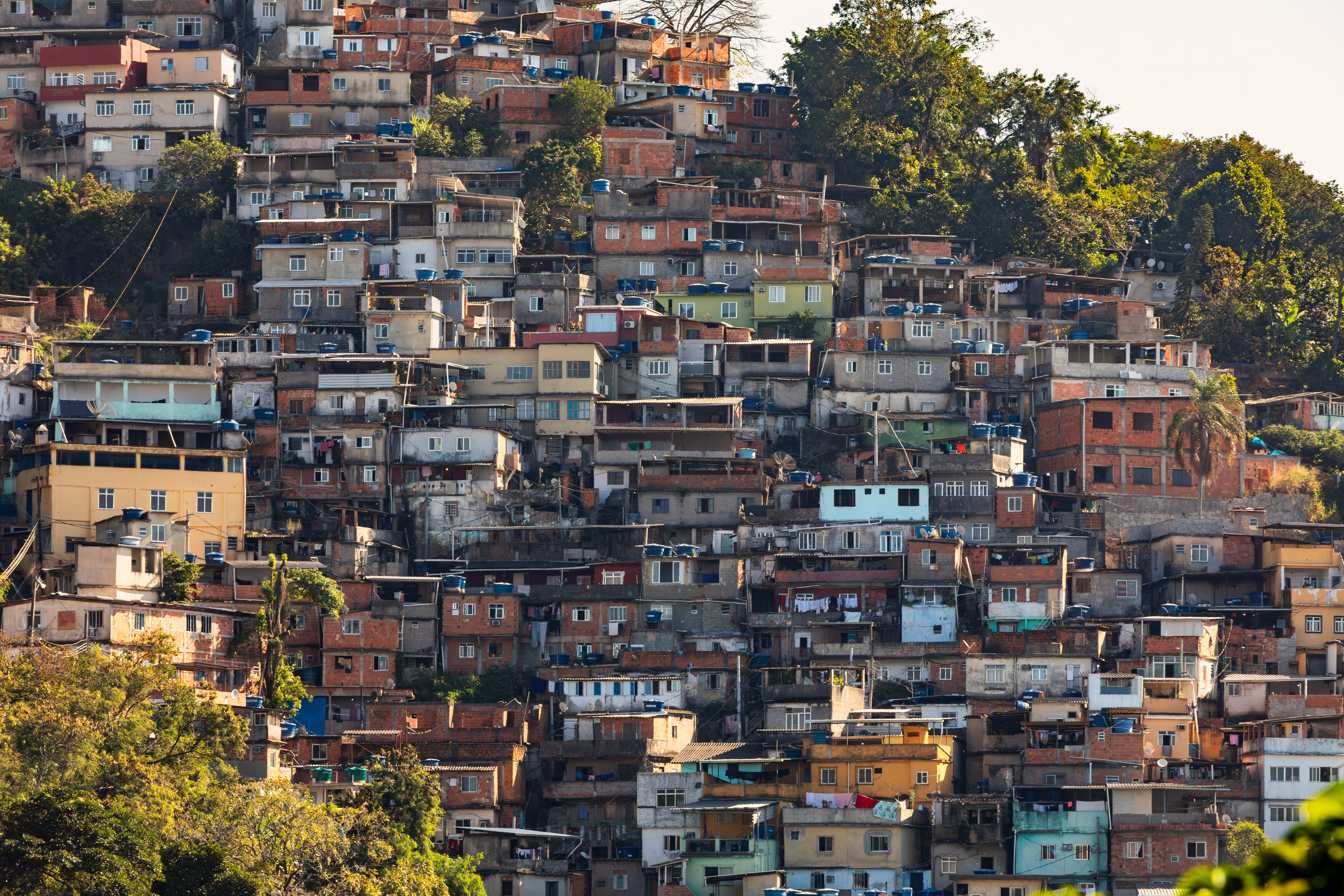By Alice Mecelis Fortes
On October 28th a police operation occurred in the favelas of Complexo do Alemão and Complexo da Penha in Rio de Janeiro, Brazil. The operation intended to eliminate dangerous criminal gangs and make the favelas safer for residents. However, it quickly escalated into a violent raid, leading to the deaths of civilians.
The government launched Operação Contenção (Operation Containment) intending to arrest drug traffickers, seize illegal weapons and reduce crime rates in order to make the favelas safer. At around 6am on October 28th, 2500 police and military personnel with helicopters and armoured vehicles entered the favelas, taking many residents by surprise.
Gunfire started minutes after 6am and gang members from Comando Vermelho (a Brazilian criminal organisation) fought back using weapons and drones to track police movement. The police used armoured vehicles, helicopters and snipers positioned on rooftops in an attempt to target gang members, but unfortunately they unintentionally hit civilians. The gang members set up barricades of burning trash and vehicles to prevent the police from reaching them. Residents described the scene as “sounding like a war zone”.
The confirmed deaths of the operation consisted of 64 people (including 4 police officers), the arrest of 81 people, and the seizing of 93 rifles and a large amount of drugs. Many civilians were also severely injured, and hospitals in northern Rio reported they “received dozens of wounded people from that area”. However, this operation did not only physically affect civilians, but caused shops, schools and power to shut down, as well as damage to homes from the bullets and explosions.
Despite the damage caused, police insist that this raid was successful as it managed to weaken criminal gangs. Civilians on the other hand disagree, with some considering it more of a “massacre” rather than a police operation. Critics have argued that most victims were from poor and Black communities in the favelas, which has caused ongoing debates about police reform, racism and inequality in the law enforcement.
